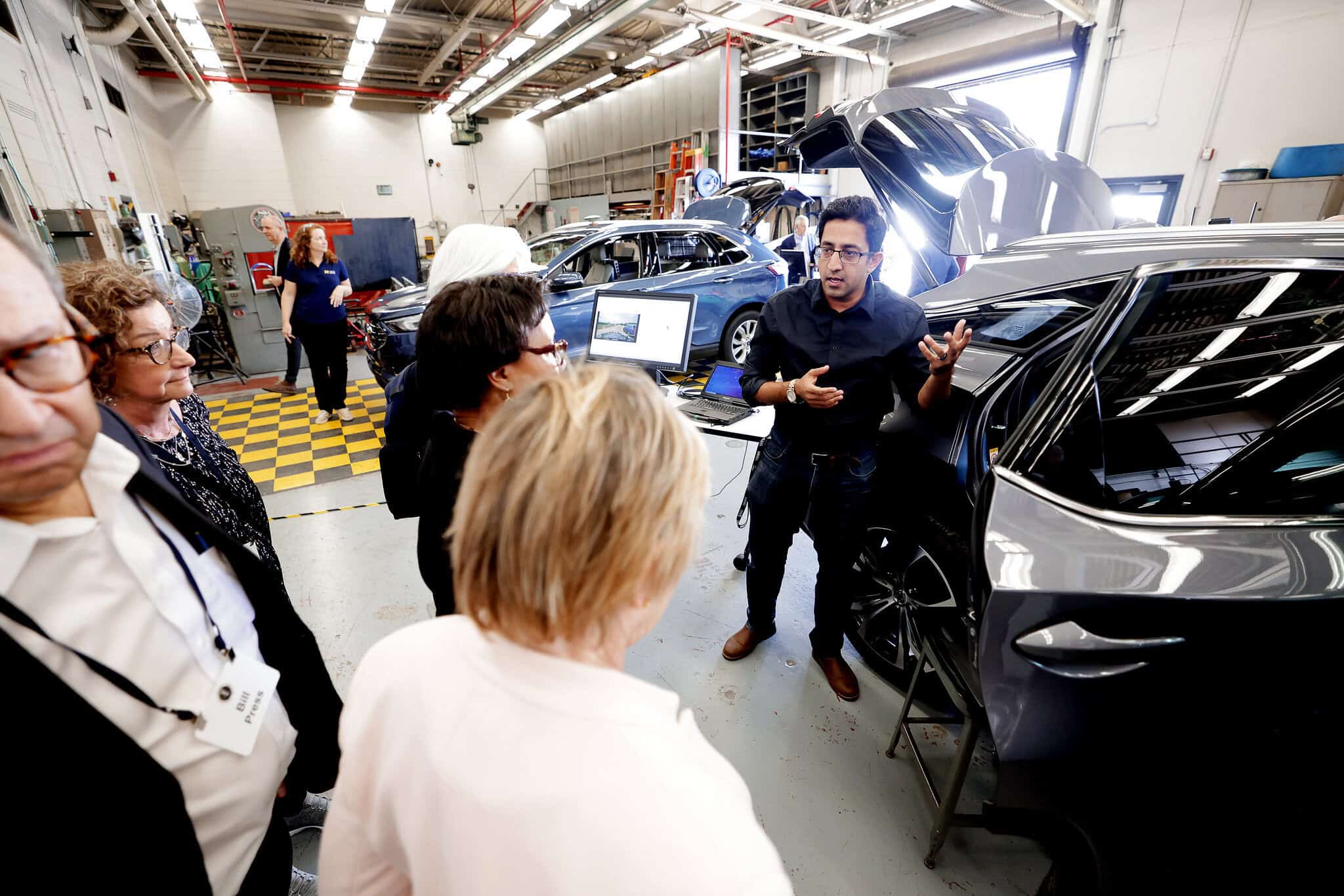
Our Team

Our dedicated faculty and research staff are committed to dramatically reducing fatalities and injuries while improving mobility for all.
Since the beginning, UMTRI has approached transportation research utilizing a multidisciplinary approach. We maintain an organizational structure that reflects the many disciplines—mechanical engineering, biomedical engineering, behavioral sciences, statistical analysis, public-policy analysis, and more—upon which our research is based.